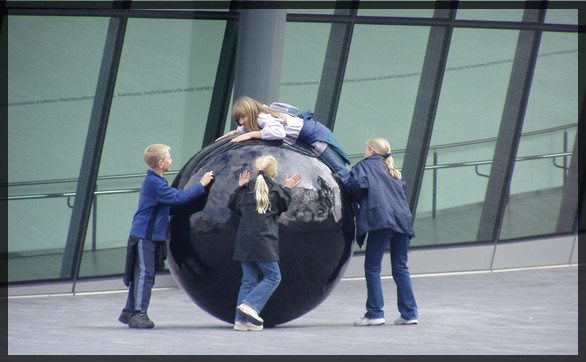It has been said that social media is becoming a necessary evil in our society. In New Zealand alone over 2.2 million people are on Facebook and incorporate social media in their everyday lives. One in five kiwis will spend more than an hour on the social site a day and it doesn’t look like that rate will be declining anytime soon.
Social media networks such as Facebook and Twitter attract the attention of more than 835 million individuals and companies worldwide and these sites are revolutionising modern day communication.
With the limited costs and ease of use, social networking sites have become valuable tools for expression and exposure worldwide.
Companies have found a connection with their customers and a genuine way to showcase the personality behind their brands. But even though there are perks from social networks, are people really benefiting overall from spending time engaging in this so called social revolution?
Studies have shown social media to be in fact more addictive than alcohol and tobacco. Researcher Wilhelm Hofmann said,
“With cigarettes and alcohol there are more costs — long-term as well as monetary — and the opportunity may not always be the right one. So, even though giving in to media desires is certainly less consequential, the frequent use may still ‘steal’ a lot of people’s time.”
Why are these sites really taking up so much time and keep drawing people back again and again throughout the day? Are people getting a personal fulfilment from keeping up with their friends online? Mr Long, the founder of Know Social Media states,
“People say they don’t particularly get any satisfaction from it, but it’s seen as a necessary evil in today’s world because that’s where everyone is.”
This raises the question, if it is not providing a deep sense of satisfaction, why do people continue to spend their time with it? Being social creatures, Facebook and related sites provide us with an extended communication tool and a way to share our lives and interact with others that we may otherwise not get the chance to connect with. But are all of these digital messages, updates and photos giving us the intimate social satisfaction we crave?
This hunger for connectivity could be the reason why people keep returning to the site to get a glimpse into their ‘friends’ lives without ever really quenching their social thirst.
It’s been reported that spending large amounts of time on social media sites such as Facebook can stir up emotions such as those of self-consciousness and has forced people to be more body conscious and camera ready.
A study conducted at Sheppard Pratt in Maryland showed that out of 600 surveyed individuals, more than half stated that Facebook made them fell more self-conscious about their bodies and weight. It proves all too easy to scroll through one’s Facebook feed and rate yourself amongst your ‘friends’.
Last year the American Academy of Paediatrics released a study showing a connection between depression in adolescents and the time they spent on Facebook. This warned parents that it might be advisable to limit their child’s time spent on such social sights. Since then more recent studies have been produced which dispute these findings and clear Facebook of the charges for procuring depression in avid users.
So, is social media harmful to your mental health? These new findings will say no, but it is important to make sure you are balancing your social use and not letting it eat up too much of your time. Facebook and related sites are a great medium for self-expression and keeping up to date with what your friends and favourite bands, businesses, authors etc. are up to.
As a digital marketing company we have seen first-hand the power of social media and the success it can bring to individuals and organisations from awareness campaigns to company launches, but it is important to keep in mind it’s a beautiful world out there and we can’t forget to make the time to enjoy it behind a pair of sunglasses rather than a computer screen.

